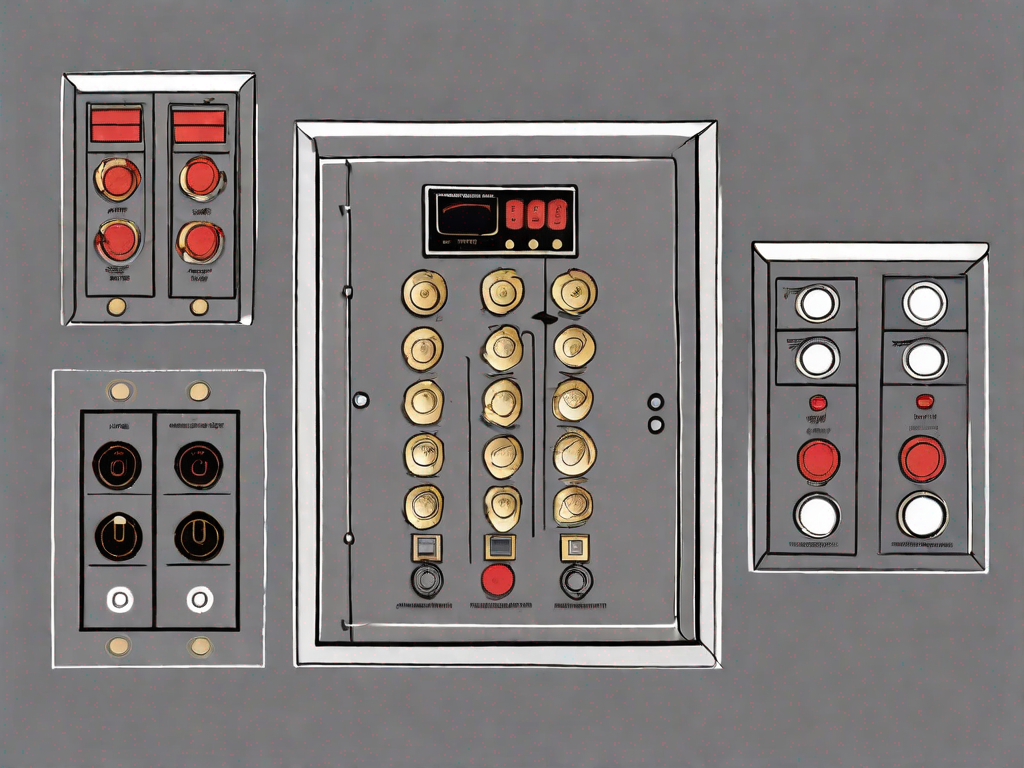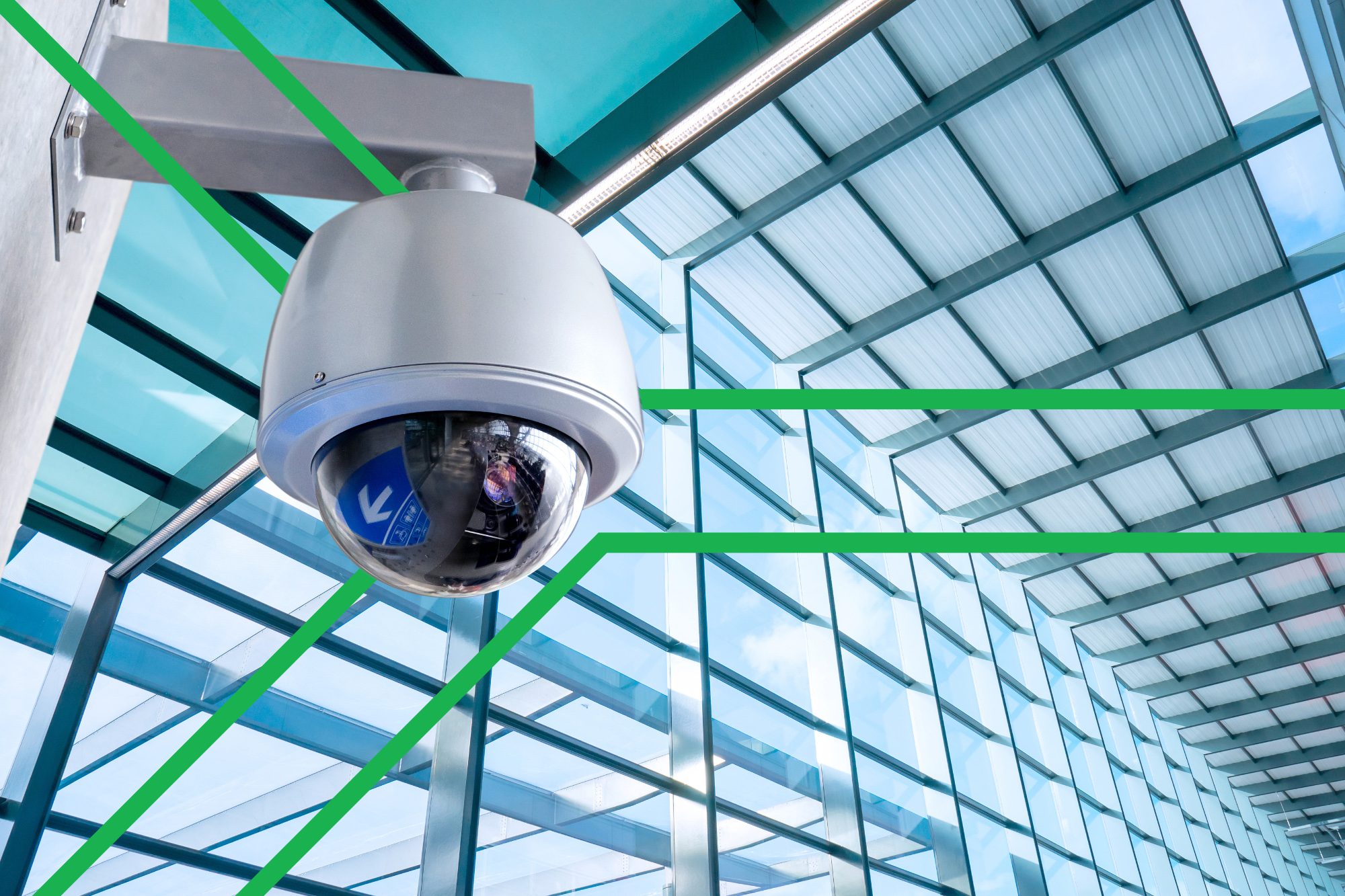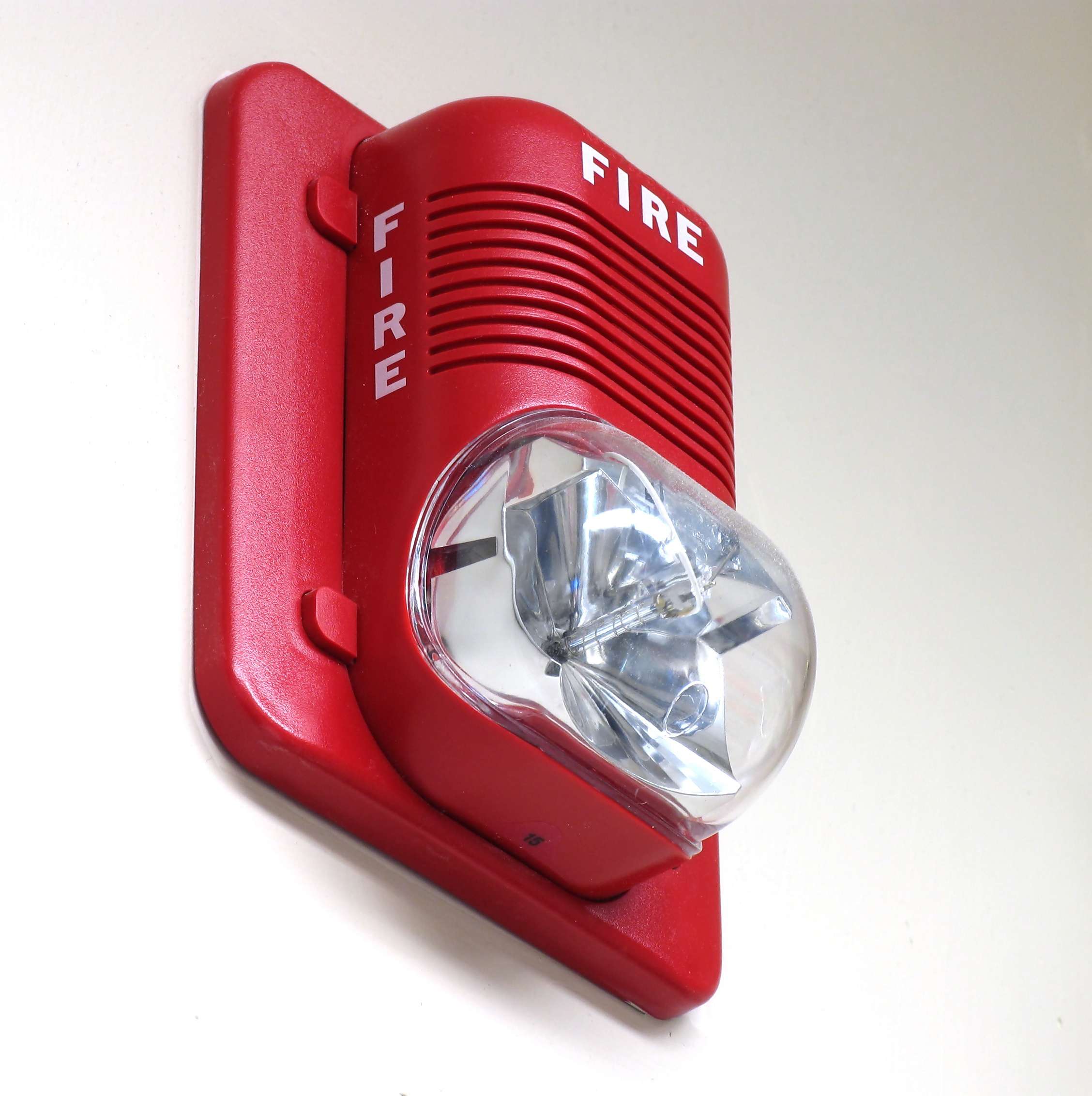
Fire Detection and Fire Alarm Mass Notifications Systems
Pavion’s Fire Alarm Mass Notification Systems are designed to safeguard lives by ensuring that occupants of your building are promptly and distinctly informed of any emergency.
Pavion Expertise
Pavion’s Fire Alarm Mass Notification Systems
Pavion’s Fire Alarm Mass Notification Systems (MNS) elevate building safety to a new level by incorporating cutting-edge public address functionalities into your fire alarm infrastructure. This integrated approach ensures a holistic life safety solution across your premises.
Designed for versatility, Pavion’s systems offer precise voice notification capabilities, whether targeting a specific area, multiple sectors, or encompassing every public address point within your facility. This ensures that, from everyday announcements to critical emergency warnings, your communications are broadcasted with clarity and received by those who need to hear them, guaranteeing peace of mind in the effectiveness of your message delivery.
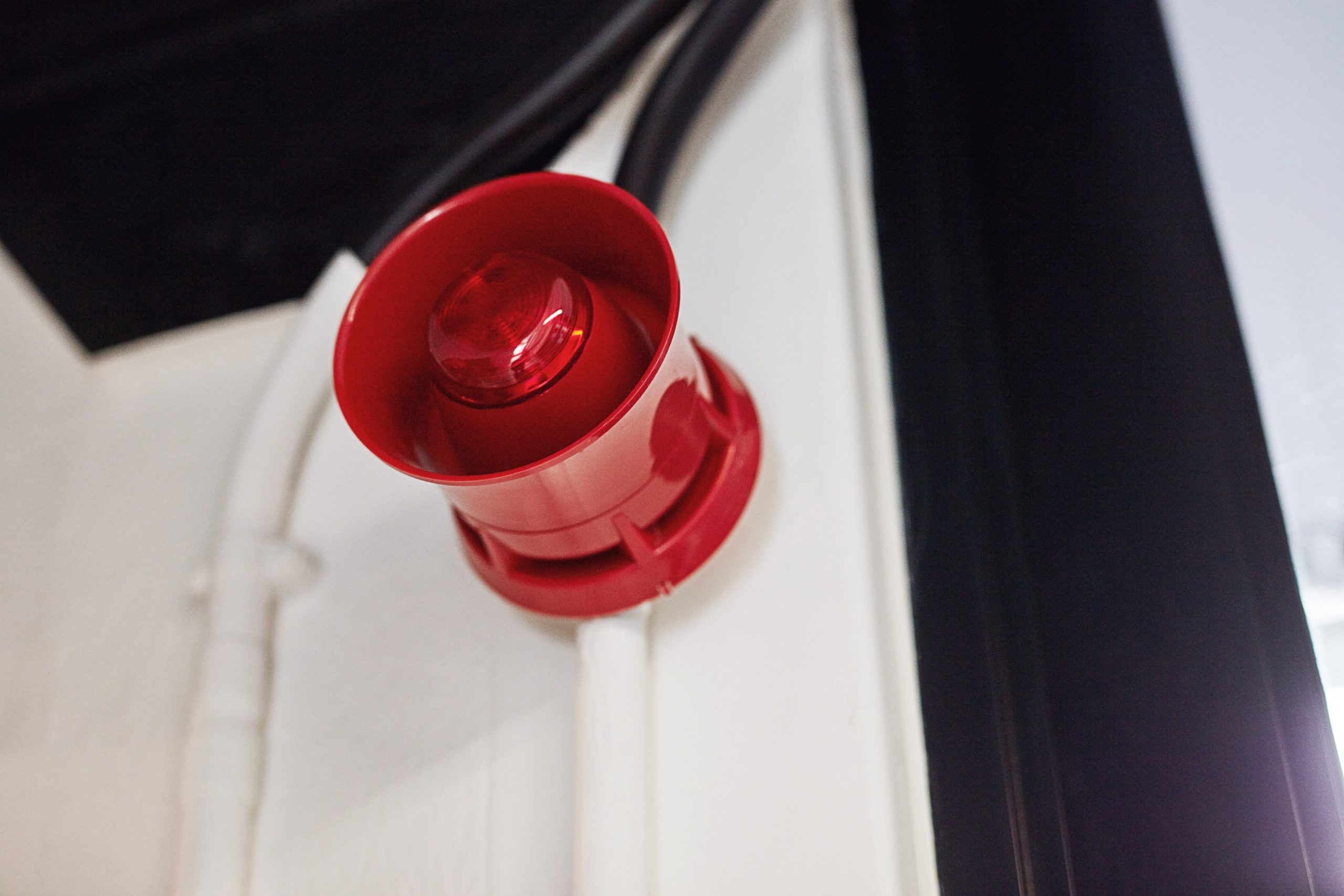
Multi-Zone Audio Systems
Multi-zone audio system to send notifications to localized areas
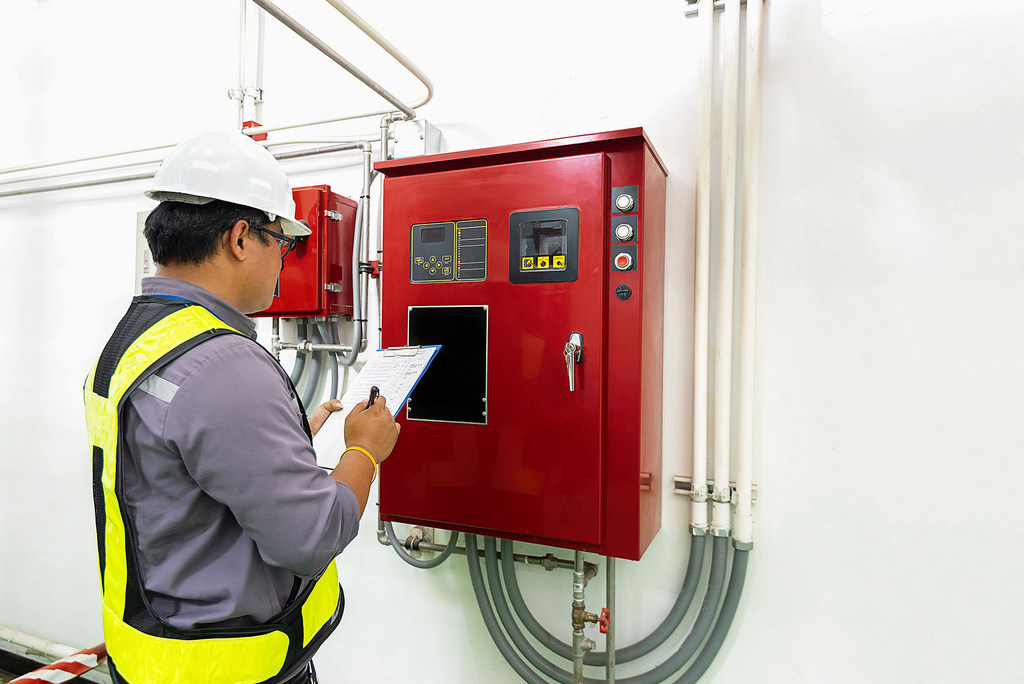
System Integration
Integration with fire alarm, security, and other low-voltage systems

Communication Systems
Notifications delivered to any web-enabled device
Pavion Expertise
One-Stop Solution
At Pavion, we stand at the forefront of fire safety, providing an extensive range of services tailored to meet the needs of any sized project. Our expertise in Fire Alarm Mass Notification Systems is unparalleled, offering bespoke solutions that span from the initial design and installation to ongoing monitoring, inspection, and maintenance. We understand the complexity and uniqueness of every establishment’s requirements, which is why we offer custom-designed alarm solutions geared towards ensuring the safety of both your property and individuals. Our commitment to adherence to the latest insurance and regulatory standards, including local fire codes, means that you can trust in our systems to deliver not only compliance but also the utmost in protection and peace of mind.
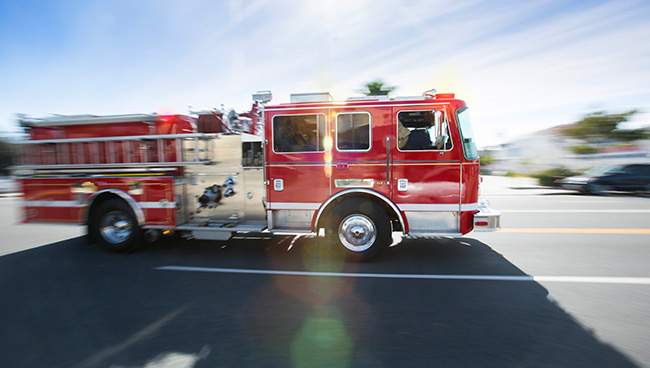
Fire Alarm Mass Notification Systems
- Multi-zone audio system to send notifications to localized areas
- Fire alarm system
- Pan/zoom/tilt cameras for monitoring
- Text-to-speech translation feature
- Notifications delivered to any web-enabled device
Freedom of Choice in Fire Safety Solutions
Innovative Solutions
Pavion’s team of seasoned experts excels in crafting and implementing custom-tailored fire alarm and mass notification systems that meet the specific needs of your property. Leveraging top-tier solutions that embody the quality, features, and value you seek, our professionals are adept in both established and cutting-edge technologies. This proficiency enables us to engineer advanced mass notification systems. We source our equipment from premier manufacturers, ensuring that our systems are not restricted by proprietary limitations. This approach grants you the autonomy to select the most suitable systems and service partners, fostering a more streamlined and satisfactory service journey.
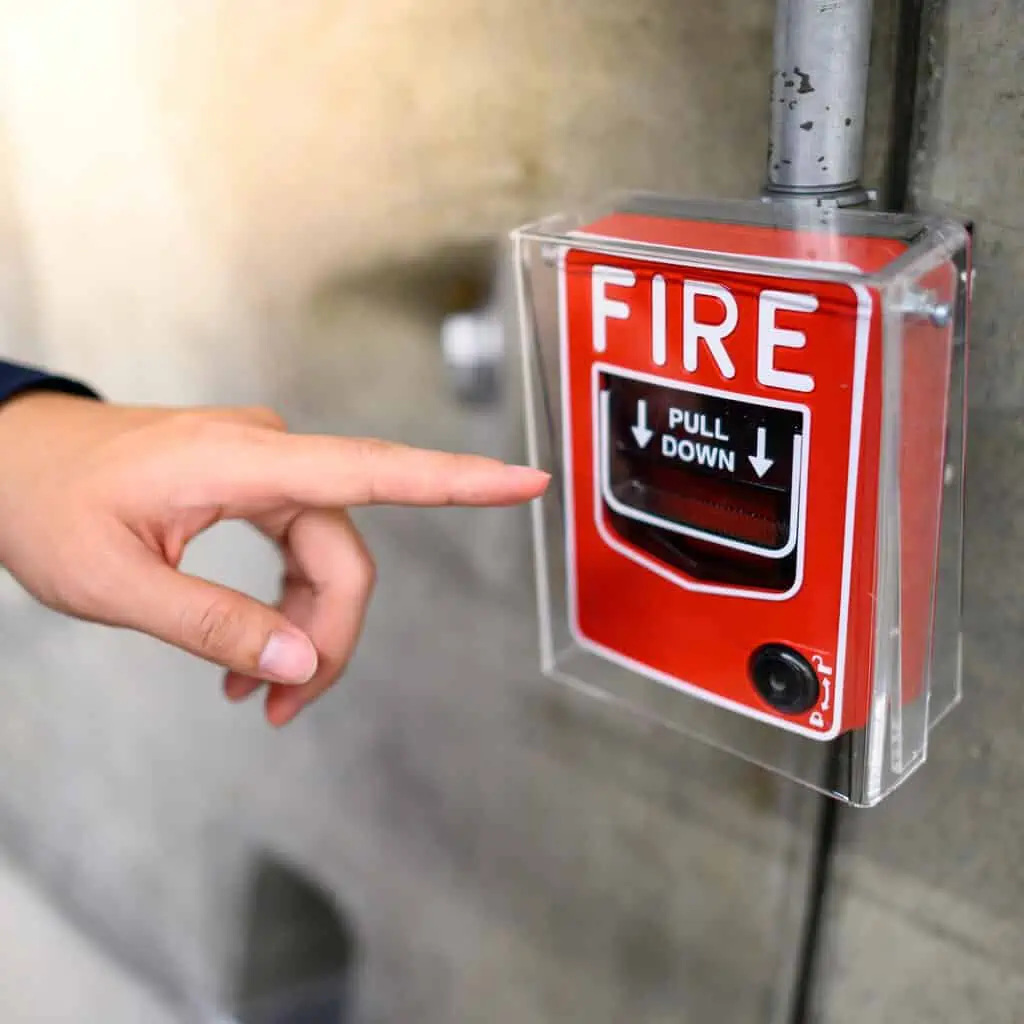
Partnering for
Excellence in Fire Safety
Our dedication to excellence in service is unparalleled. We work closely with you, understanding the unique demands of your space, to deliver bespoke protective solutions. Pavion values long-term relationships, fostering trust as we grow alongside your business. We are ready to adapt to your changing needs.

Partnered Brands
We partner with leading brands, synonymous with quality and innovation. Our diverse product range meets varied client needs, ensuring effective solutions. These partnerships underline our commitment to high-quality security products.

Ready To Find The Right Fire Solution
For Your Organization?

Effective Fire Solutions
Tailored Solutions for Different Industries
Explore How Pavion Elevates Fire Alarm Systems for Industries Like Yours.
Comprehensive Monitoring Services
A fire alarm system is only as effective as its monitoring capabilities. Pavion offers comprehensive fire alarm monitoring services, 24/7, 365 days a year. In the event of an alarm, our monitoring center immediately alerts the appropriate authorities, expediting response times and minimizing potential damage.

Our Locations
Global Reach.
Local Service.
With over 70+ locations in the United States and serving 22 countries, Pavion continues to expand to connect and protect more customers around the world.
RESOURCES
Explore our Innovative Approach to Fire Alarm Systems with These Insightful Resources

Connect with Pavion
Pavion can span across fire, security, and integration to simplify the needs of our customers. Ready to learn how we can help?

